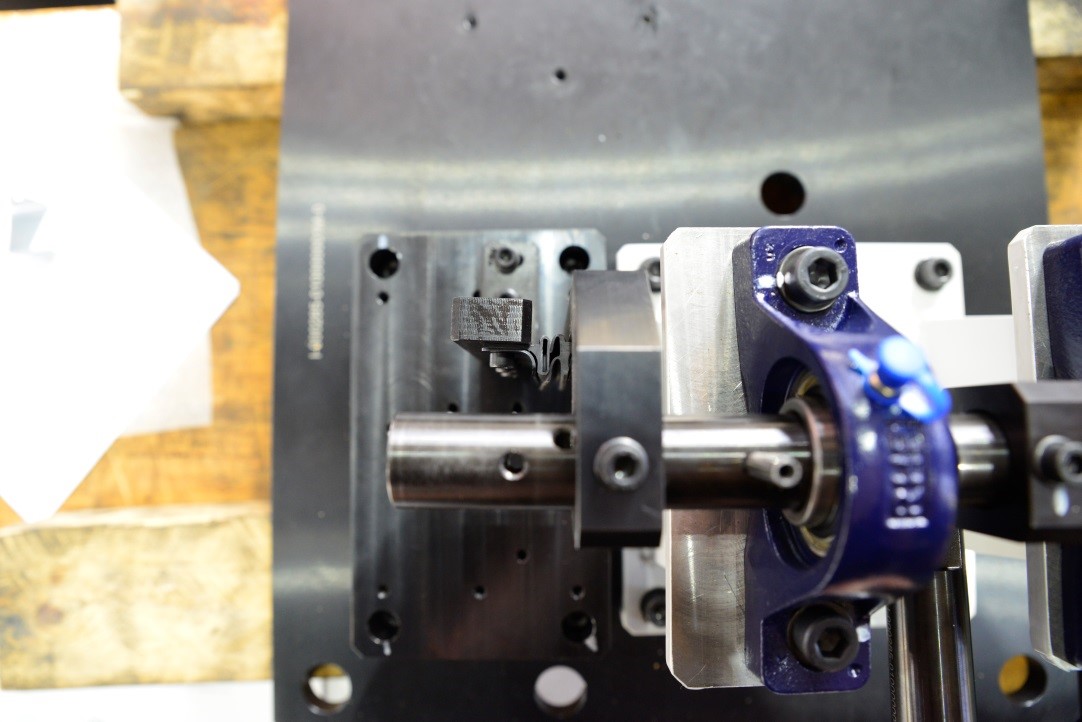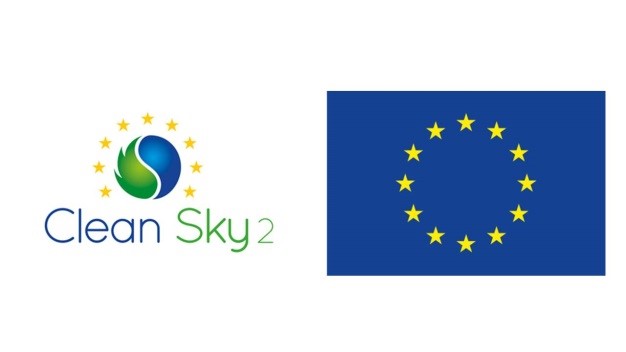Rubber seals design and manufacturing: is 3D printing a viable alternative for customized small-series production in the aerospace industry?
Rubber seals are one of the most relevant components in transportation to ensure water and air tightness. Historically, designers have had to downsize their innovation efforts due to the inconvenience of having to adapt to the existing standardized rubber seal models in the market.
The ideal solution would be for designers and manufacturers to be able to design their own custom seals that adapt to the specifications of their designs. The traditional injection and extrusion manufacturing processes for rubber seals makes this option increase the project’s budget considerably. This circumstance takes more relevance when talking about modes of transportation that usually get small-series productions, like regional aircrafts and special helicopters.
There is a need within the transportation industry (like aerospace and railway, among others) to implement an affordable way of designing and producing custom rubber seals, as well as other components, that will create cohesion between the need for innovation and the capability to innovate.
Researchers and manufacturers are experimenting with new additive manufacturing processes and materials to accomplish the production of custom rubber seals. Current market-ready 3D printing technology might allow manufacturers to consider this type of process as a solution for complex geometry seals manufacturing. As a result, many projects have launched that take into consideration the advancements of 3D printing to create custom components.
One of these initiatives is Addaptta Seals*, a European project that aims to accomplish the development, testing, and validation of rubber seals meant for the aerospace industry. Within this project, Applus+ Laboratories is the testing partner in the analysis of the functional and material viabilities of this solution.
In a three-year project that started in 2018, Applus+ Laboratories has designed a Quality Test Plan that would provide the data set to support EASA’s permit-to-fly, required in order to homologate the seals. With this objective, the team planned to test the additive manufactured seal profiles under the EN-ISO 17296, MIL-STD-810F, and RTCA DO160 standards.
Within the Addaptta Seals’ framework, the Applus+ Laboratories’ team has already conducted the materials testing to characterize the printed polymeric material. Thanks to this accurate characterization, it was possible to design and print the customized seals according to their intended function. With the properties of this material given by the tests, the manufacturers have succeeded in printing different geometrical solutions to adapt the seals to each of the functions they would have.
The next step will be to perform functional tests, focused on testing the endurance of the seals, by recreating the mechanical behaviour that they would have in a real flight. After that, the laboratory will proceed with environmental tests to check how external factors may affect the seals through their life cycle. These tests will provide the data set towards the certification of the seals against the stringent standards of the aerospace industry.
For now, the project has already proved the relevance of having a testing partner in the early stages of product development to characterize the polymeric materials. This means that in the upcoming years we can expect a bigger role of the laboratories in the development process of custom 3D printed components for the transportation industry.
*The ADDAPTTA SEALS project is funded by the European Commission’s H2020 Framework Programme, under the Grant Agreement 821040.

